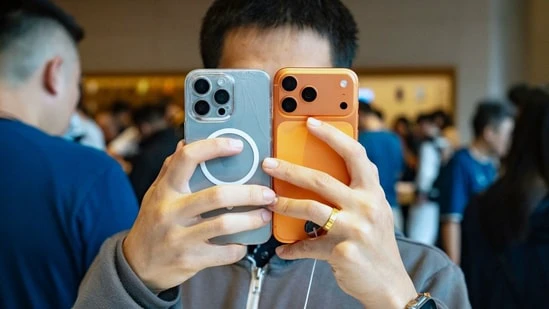Can banks remotely lock mobile phones that were purchased on EMIs if the borrower defaults? The Reserve Bank of India weighed in on this debate on Wednesday.
“Such a proposal is currently under discussion, and we are getting views both for and against such a move,” RBI Governor Sanjay Malhotra said during a post monetary-policy press conference on Wednesday. “We are taking those views on record.”
“Our effort is to ensure that a consumer’s rights are maintained, in terms of data privacy, etc.,” the governor went on to say. “The consumer’s interest is paramount, while we consider the issues faced by banks.”
The RBI is reportedly planning to revise its Fair Practices Code to allow banks and non-banking financial companies to remotely lock mobile phones that were purchased on credit via EMIs, if the borrower defaults.
Under the proposed rules, the locking would be allowed only after obtaining explicit prior consent from the borrower at the time of the loan agreement. The lock must not allow the lender to access personal data or tamper with it.
The mechanism would act as a sort of enforcement tool or collateral against small-ticket consumer loans, especially in the consumer electronics space.
Rationale For Phone Locking If EMIs Not Paid
The number of defaults in small-value consumer loans has been rising, which poses a risk for lenders. More often than not, these are for high-end mobile phones.
Lenders say that the ability to lock a financed smartphone is an important recovery tool. Already, in India, a vehicle or house can be seized if their EMIs on them are not paid on time. Lenders want this practice to extend to smartphones.
Key Concerns, Criticism
Locking a phone is a serious step-people rely on them for communication, work, education, financial transactions, health apps, emergencies, etc. Critics say this could be too punitive, especially if small delays or disputes trigger lockouts.
Moreover, data privacy is a fundamental right. Any remote control over a device-even if only locking-can raise questions about whether it violates autonomy or privacy rights.
To be sure, there’s no clarity yet on how many EMIs have to be missed to trigger phone-locking. Will there be warnings, grace periods, and dispute resolution?
